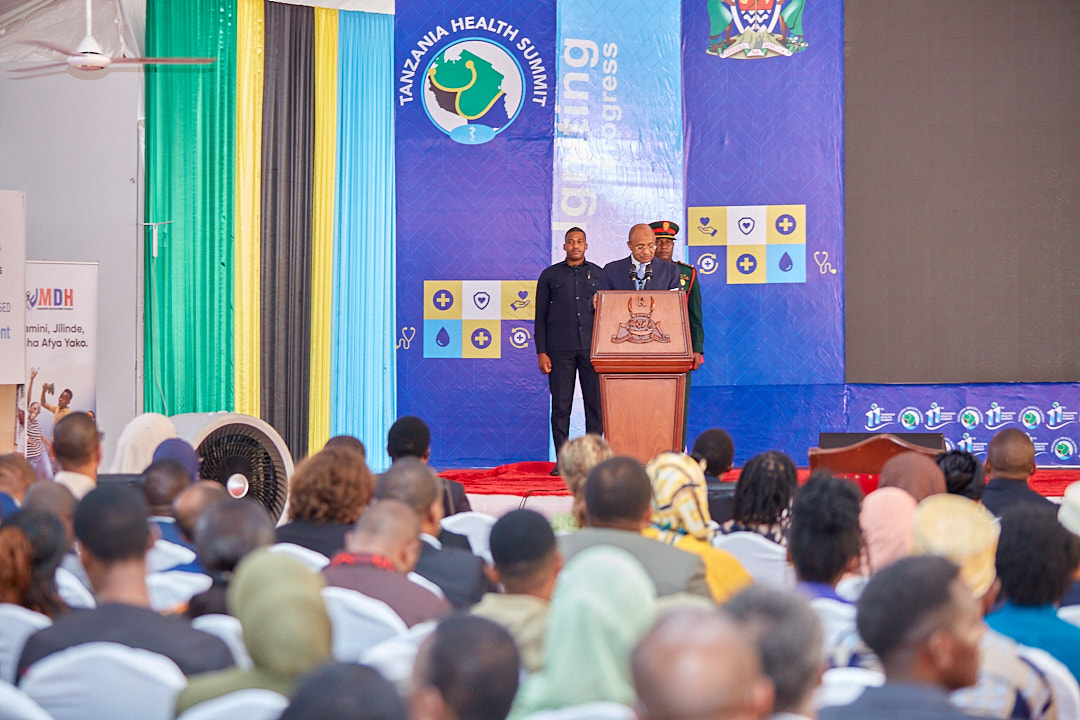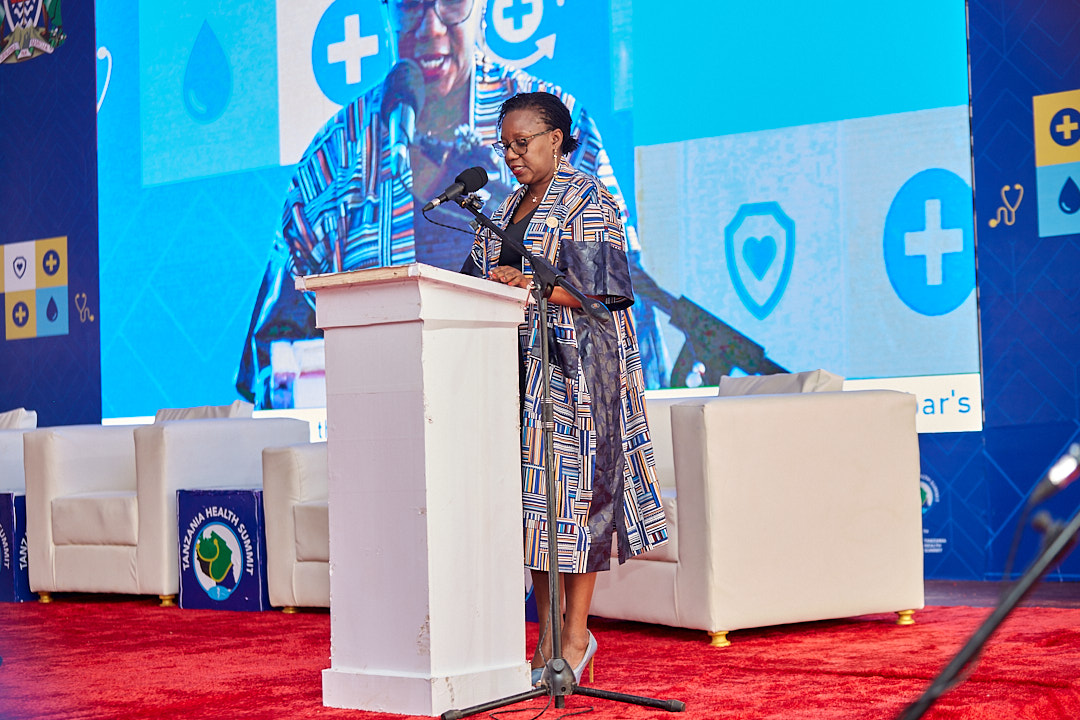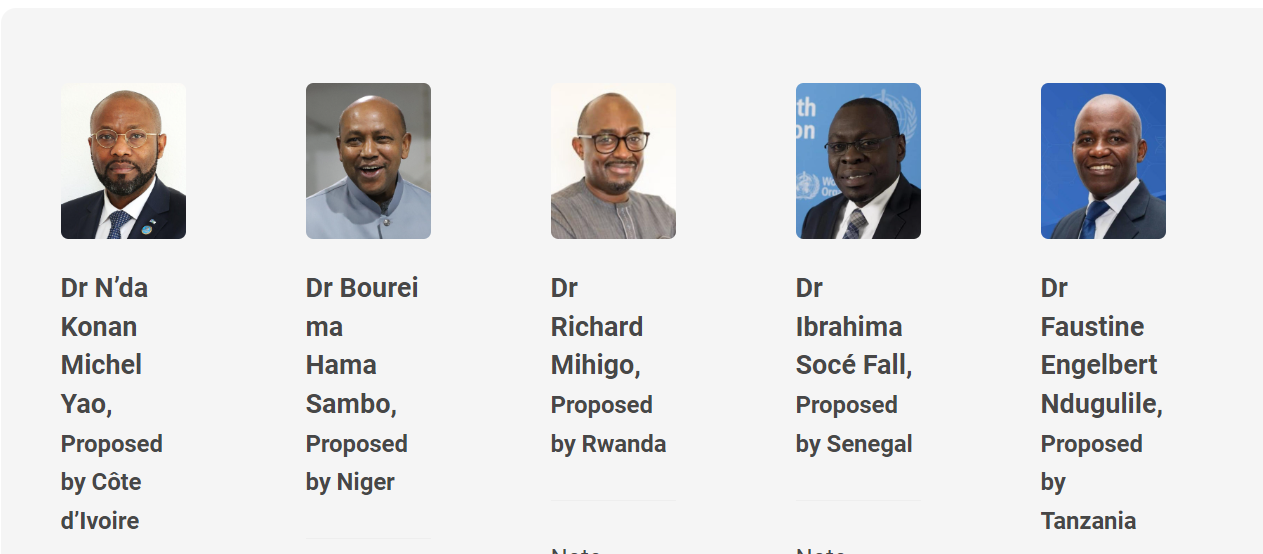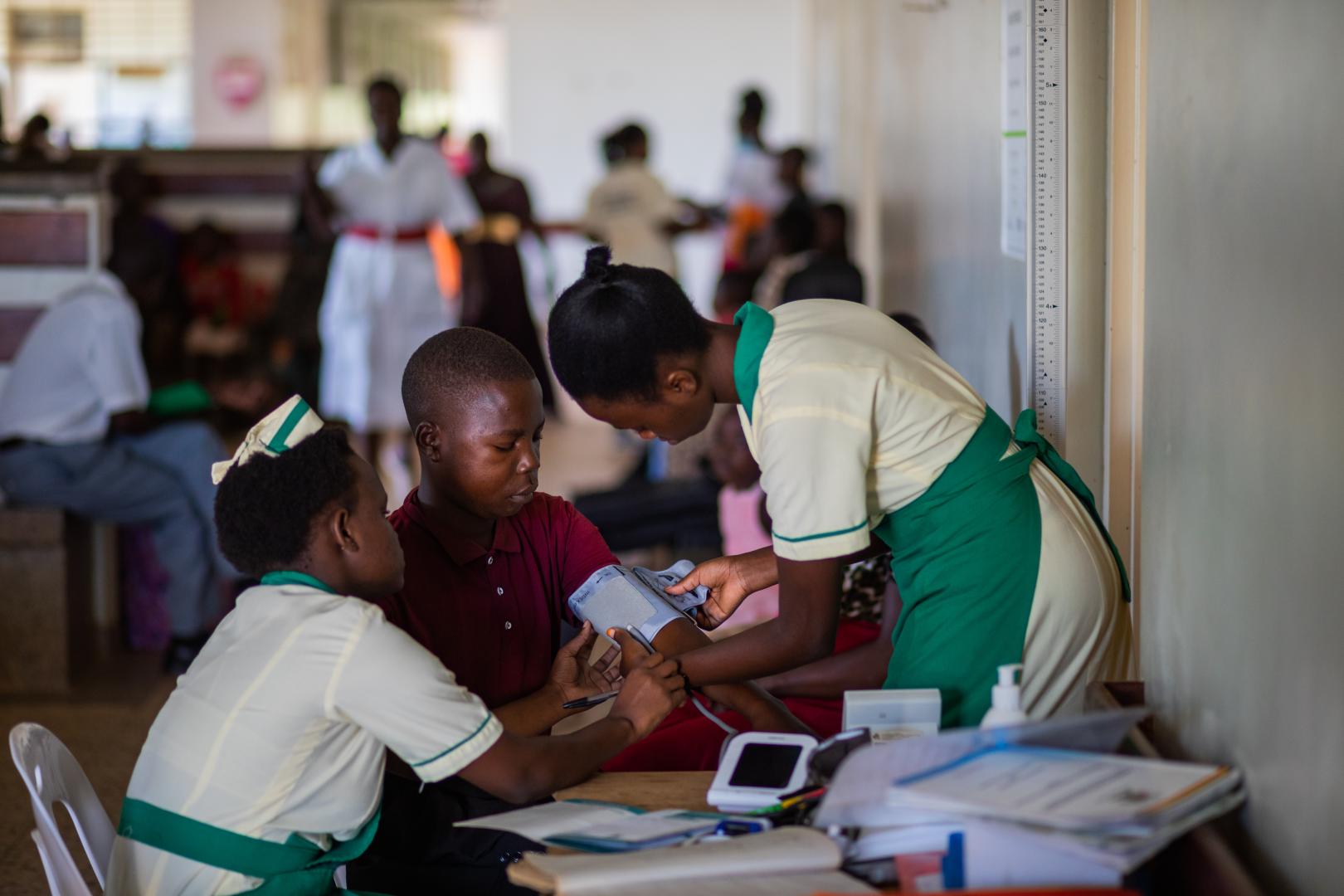With disease threats looming in Africa, over 1,800 health stakeholders from across 14 countries in Africa and beyond gathered in Zanzibar for the 11th Tanzania Health Summit, with a common goal: strengthening Public Private Partnerships in healthcare. Dr. Mazyanga Lucy Liwewe Mazaba brought a critical issue to the forefront: the fight against pandemics.
As Regional Director for the Eastern Africa Regional Co-ordinating Centre of the Africa Centres for Disease Control and Prevention (Africa CDC), Mazaba delivered a powerful message, saying PPPs are no longer an option, but a necessity for bolstering pandemic preparedness and response across the continent.
This year alone, the continent has grappled with a concerning number of disease outbreaks, including resurgences of Ebola and cholera, measles outbreaks, and the emergence of Mpox. Adding to these challenges, Rwanda has recently faced its first-ever Marburg virus disease outbreak, with 26 confirmed cases and six deaths reported as of October 1st, 2024, according to Africa CDC data.
Global health leaders and healthcare investors meeting at the summit agreed that the trend underscores the urgent need for strengthened health systems and collaborative approaches to disease control.
Themed: “Igniting progress: joining efforts for quality healthcare through public-private partnerships,” the summit provided a platform for stakeholders to discuss collaborative approaches to strengthening health systems.
As one of the key speakers during the opening, Dr. Mazaba called for the urgent need for such partnerships in the face of recent outbreaks like COVID-19, Ebola, Marburg, and Mpox, which have exposed vulnerabilities in Africa’s health infrastructure.
These outbreaks have taught us a crucial lesson: public-private partnerships are indispensable in pandemic preparedness and response. Our capacity to detect and respond to pandemics hinges on the collective strengths of governments, private sector players, NGOs, and communities.
Dr.Dr. Mazyanga Lucy Liwewe Mazaba- Regional Director for the Eastern Africa Regional Co-ordinating Centre of the Africa Centres for Disease Control and Prevention (Africa CDC)
She underscored that PPPs are more than just collaborations; they are powerful vehicles for innovation, investment, and impact. By joining forces, governments and the private sector can create comprehensive strategies to address gaps in financing, service delivery, and technology. In resource-constrained settings like many in Africa, PPPs can unlock crucial resources and enhance service delivery, ultimately contributing to achieving Universal Health Coverage.
Calls were made for a strong and adaptable health system that is crucial for effectively responding to pandemics. However, health systems are often caught unprepared because they lack continuous strengthening.
“PPPs can enhance our ability to detect threats early, before they escalate into full-blown crises,’’ recommended Dr. Mazaba.
Drawing lessons from the COVID-19 pandemic, she stressed the need for early private sector involvement in pandemic preparedness planning.
“We shouldn’t involve the private sector at the last minute,” she cautioned. “They should be involved from the planning stage, walking alongside governments as we prepare for outbreaks.”
Workforce challenges
Africa faces a critical shortage of skilled healthcare workers. To address this, experts suggested utilizing the private sector’s expertise in training, management, and human resource development to strengthen the health workforce. Collaborative initiatives between the Africa CDC, public institutions, and universities were said to be underway focusing on mentorship programs to cultivate future health leaders.
“At Africa CDC, we view PPPs as a cornerstone for building resilient health systems,” she affirmed. “Pandemics come at an unpredictable cost, making risk-sharing through PPPs a viable strategy.”
To ensure impactful and sustainable collaborations, the adoption of effective strategies was recommended, including establishing frameworks for collaboration, encouraging multi-sectoral engagement, and fostering local and regional innovation.

The summit attendees heard that collaborative investments in critical health security measures, such as vaccine manufacturing hubs and surveillance systems, are essential for safeguarding Africa’s future. The private sector is seen as a significant potential to drive technological innovation in healthcare delivery. Telemedicine, mobile health setups, and digital health technologies are examples of transformative tools that are being leveraged to improve healthcare access and outcomes.
Learning from the over-reliance on external vaccine supplies during the COVID-19 pandemic, Dr. Mazaba called for developing local vaccine manufacturing capacity in Africa. She emphasized the role of PPPs in establishing regional hubs for vaccine research, development, and manufacturing, citing the Partnership for African Vaccine Manufacturing Initiative as a step in the right direction.
“The future of African healthcare lies in our collective hands. Public-private partnerships are not just an option; they are a necessity. We need to think creatively, act decisively, and work collaboratively,’’ she concluded.
The summit was closed by the Zanzibar President Dr. Hussein Mwinyi, who pledged to strengthen cooperation with the private sector and development partners to improve healthcare provision for all citizens. He expressed his commitment to implementing the summit’s recommendations and directed the Ministry of Health in Zanzibar to incorporate them into their annual work plans.









